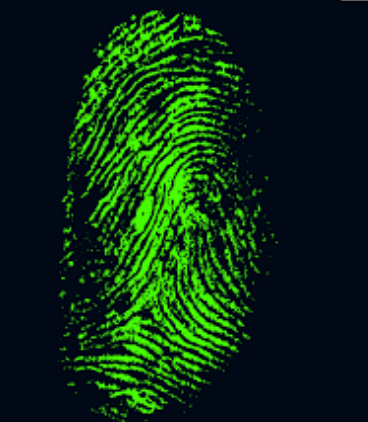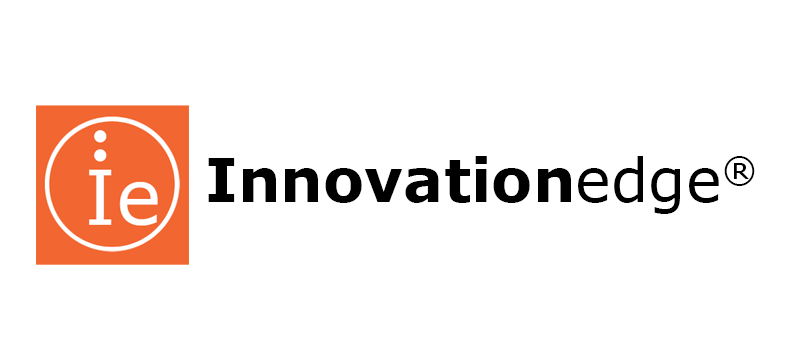 I’ve been keeping my readers updated on the newest information we have about Blockchain technology. A blockchain is a data structure that makes it possible to create a digital ledger of transactions and share it among a distributed network of computers. It uses cryptography to allow each participant on the network to manipulate the ledger in a secure way without the need for a central authority.
I’ve been keeping my readers updated on the newest information we have about Blockchain technology. A blockchain is a data structure that makes it possible to create a digital ledger of transactions and share it among a distributed network of computers. It uses cryptography to allow each participant on the network to manipulate the ledger in a secure way without the need for a central authority.
How does this relate to your online security? Forbes contributor Jonathan Chester recently explained:
Have you ever been the victim of identity theft? It is an ugly experience. Calling up credit card companies to change all your cards and dispute charges. Resetting passwords to all of your applications. Always worrying whether someone may call up your cell phone provider with your leaked information to commit a SIM porting hack, meaning they would have access to all of your text messages. Once someone has access to your texts this is the gateway to getting into many online services, even if you were being diligent and using two factor authentication.
We increasingly rely on the internet for communicating with friends or family (e.g. Yahoo hack), staying in contact with professional associates (e.g. Linkedin hack), banking (e.g. JPMorgan hack), and even confirming credit card purchases for face to face transactions (e.g. Oracle hack). Our user names, passwords, and personal information are being stored on centralized corporate servers, many of which remain ripe for the picking, despite the attention on this class of problems over the last several years. Once your personally identifying information genie is loose, it’s extraordinarily difficult to put it back in the bottle.
Ideally the only risk you should have when it comes to managing your digital identity is whether or not your personal systems have been compromised, instead of worrying about every corporation you’ve ever dealt with in the past. In the offline world, you update your proof of identity every few years, receiving a drivers license, ID card, or maybe a passport if you travel internationally. When you go to a club, they check your age on your ID. When purchasing an Amtrak ticket you prove who you are. You are authenticated and the person who checked your ID immediately forgets your details.
